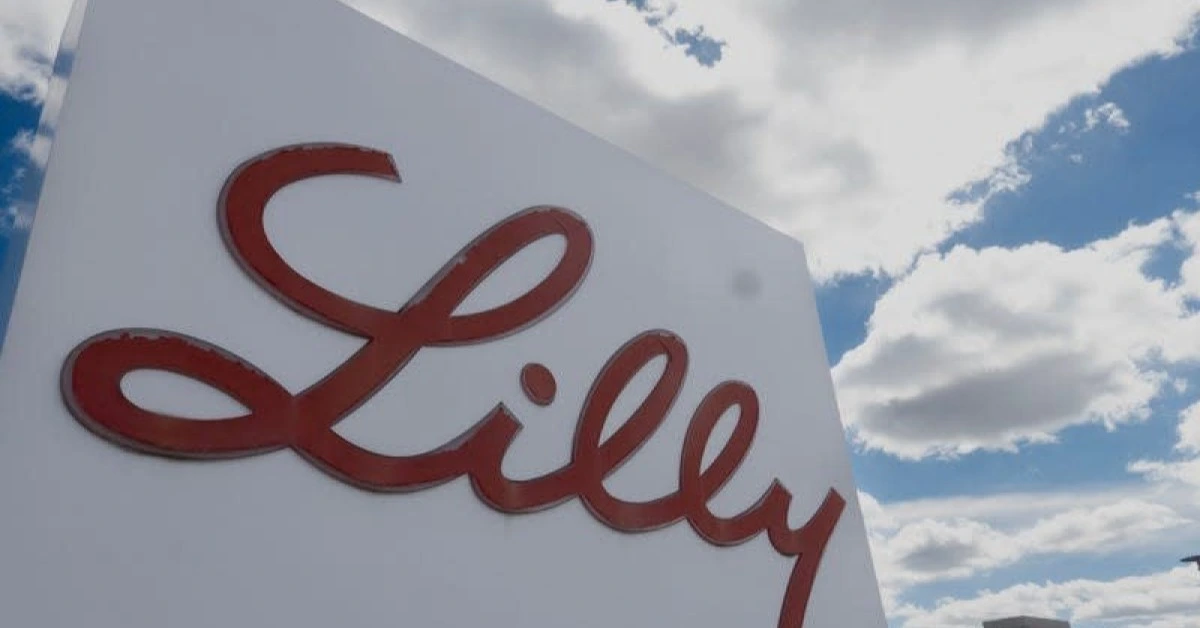
USA – Eli Lilly has expanded its LillyDirect platform to include Alzheimer’s care, providing U.S. patients with both virtual and in-person options aimed at expediting diagnosis and treatment.
This move is part of the pharmaceutical giant’s effort to streamline healthcare access and reduce barriers for patients battling memory and cognitive disorders.
Launched in early 2024, LillyDirect initially focused on offering services related to diabetes, migraine, obesity, and sleep apnea—most notably providing access to its GLP-1 blockbuster Zepbound.
The recent expansion now includes Alzheimer’s disease, a condition with growing concerns over delayed diagnosis due to limited access to specialists.
“There are capacity challenges…not all patients live directly near a health center or a specialist who is treating Alzheimer’s patients,” explained Laura Steele, Senior Vice President of U.S. Neuroscience at Eli Lilly.
The company aims to tackle this issue by providing a comprehensive approach through LillyDirect that connects patients to virtual and in-person care options.
Addressing access challenges
According to Eli Lilly, the average wait time to see a dementia specialist is projected to exceed one year by 2025.
LillyDirect seeks to alleviate this bottleneck by offering direct connections to specialists through platforms like the Healthgrades doctor locator tool and Synapticure, an independent provider specializing in neurodegenerative care.
“We need more accessible and comprehensive ways to rapidly evaluate patients with memory and thinking problems,” noted Dr. Eric Reiman, CEO of Banner Alzheimer’s Institute.
Expanding treatment access with Telehealth
Through Synapticure, patients can receive telehealth management for all phases of Alzheimer’s disease, including diagnosis, treatment, and ongoing monitoring.
The platform offers live video visits, 24-hour access when needed, and comprehensive care management—aiming to bridge the gap between patients and much-needed medical expertise.
However, not all experts are convinced that telehealth alone can solve the problem. Dr. David Knopman, a neurologist at the Mayo Clinic, pointed out that telehealth evaluations could miss critical aspects of patient care.
“With video calls, something is lost in translation that you get face-to-face. Not to mention the physical part of it—understanding a person’s mobility issues is really important,” Dr. Knopman commented.
Furthermore, Knopman emphasized that in-person testing remains essential for biomarker testing and ongoing treatment monitoring, especially with medications like Kisunla.
Approved by the FDA in July 2024, Kisunla has an annual U.S. list price of approximately US $32,000 and generated US $9.3 million in sales during its first year on the market.
It is one of two approved drugs, alongside Eisai and Biogen’s Leqembi, designed to clear beta amyloid from the brains of early Alzheimer’s patients.
XRP HEALTHCARE L.L.C | License Number: 2312867.01 | Dubai | © Copyright 2025 | All Rights Reserved